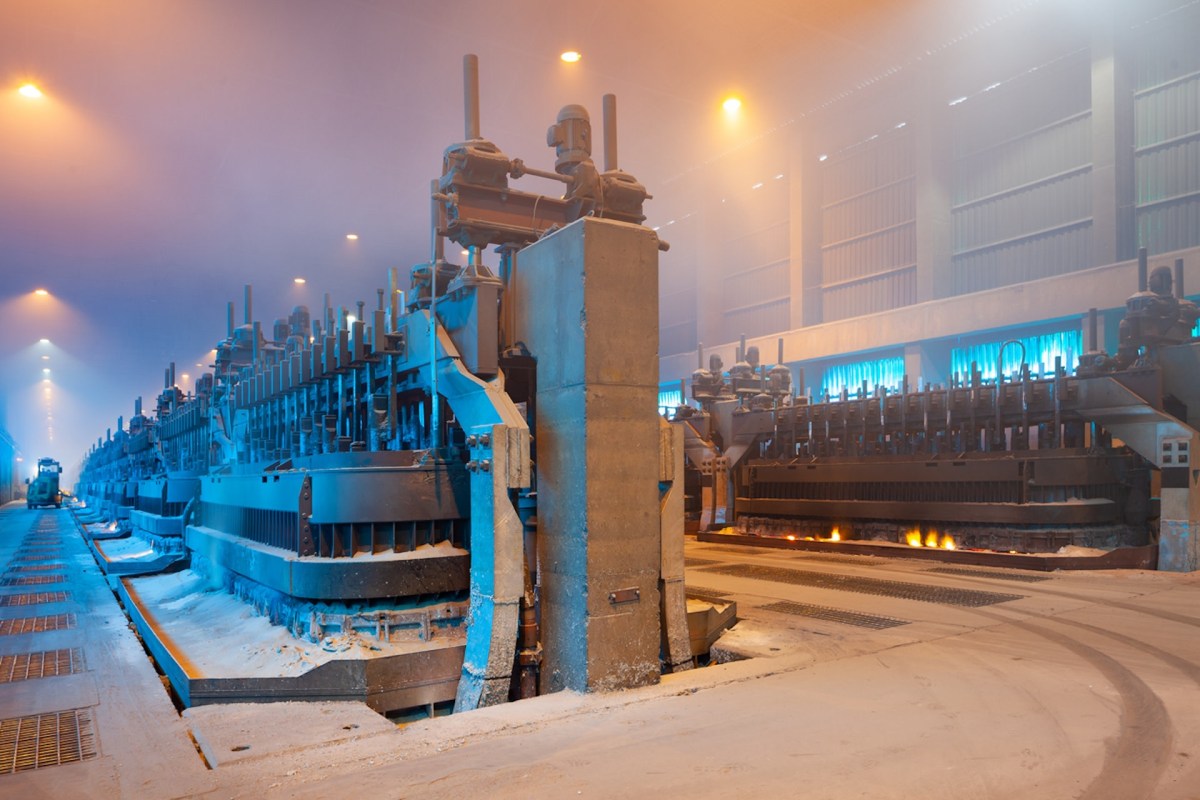Two of the biggest mining companies in the world — BHP Group Ltd. and Rio Tinto Group — are piloting a new technology that could significantly reduce the planet-overheating gas pollution produced by the steel industry.
The technology, an electric smelting furnace, will be the first of its kind in Australia, and the companies say it could cut carbon dioxide pollution intensity by 80% when compared with a standard blast furnace. If proved successful, it could be used in steel mills around the world.
"The carbon intensity of iron and steelmaking requires profound change to meet the needs of our planet and our climate objectives," Rio Tinto iron ore CEO Simon Trott said in a statement. "We must find better ways to enable these materials to be made more sustainably through leveraging technology."
Steel is among the most widely used construction materials in the world and has many advantages: It is strong, relatively cheap, durable, and easy to mold, forge, and weld. Its downside is the massive amount of planet-overheating gas that is emitted during its production.
The pollution-creating production process "is the Achilles' heel of steel," public research center IMDEA Materials Institute wrote. "[Steel production] is the second industrial process, after cement manufacturing, in terms of CO2 generation capacity. And in a world focused on achieving zero emissions, this is a problem."
The International Energy Agency rated steel production as "not on track" in terms of meeting pollution targets, writing that "efforts in the iron and steel sector need to accelerate significantly to get on track with the Net Zero Emissions by 2050 (NZE) Scenario."
An electric smelting furnace, if it catches on worldwide, could be just that accelerated effort.
Other attempts to reduce pollution from the steel industry include a new plant in Sweden that uses hydrogen instead of coal and a direct reduction reactor instead of a blast furnace.
Join our free newsletter for weekly updates on the coolest innovations improving our lives and saving our planet.









